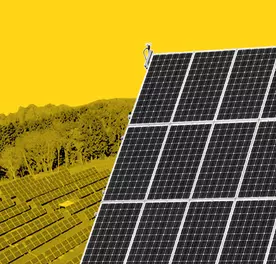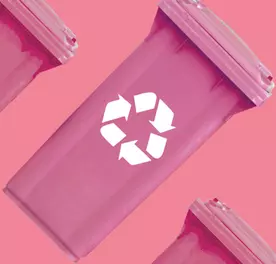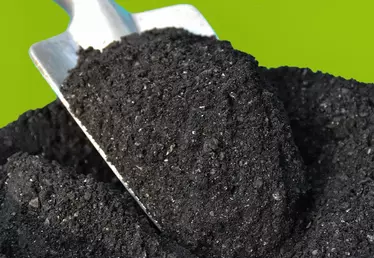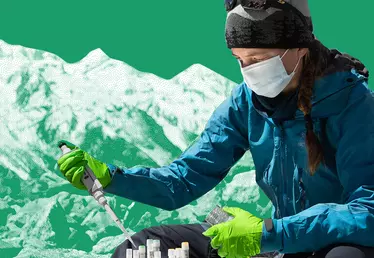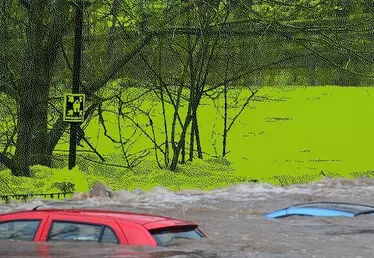
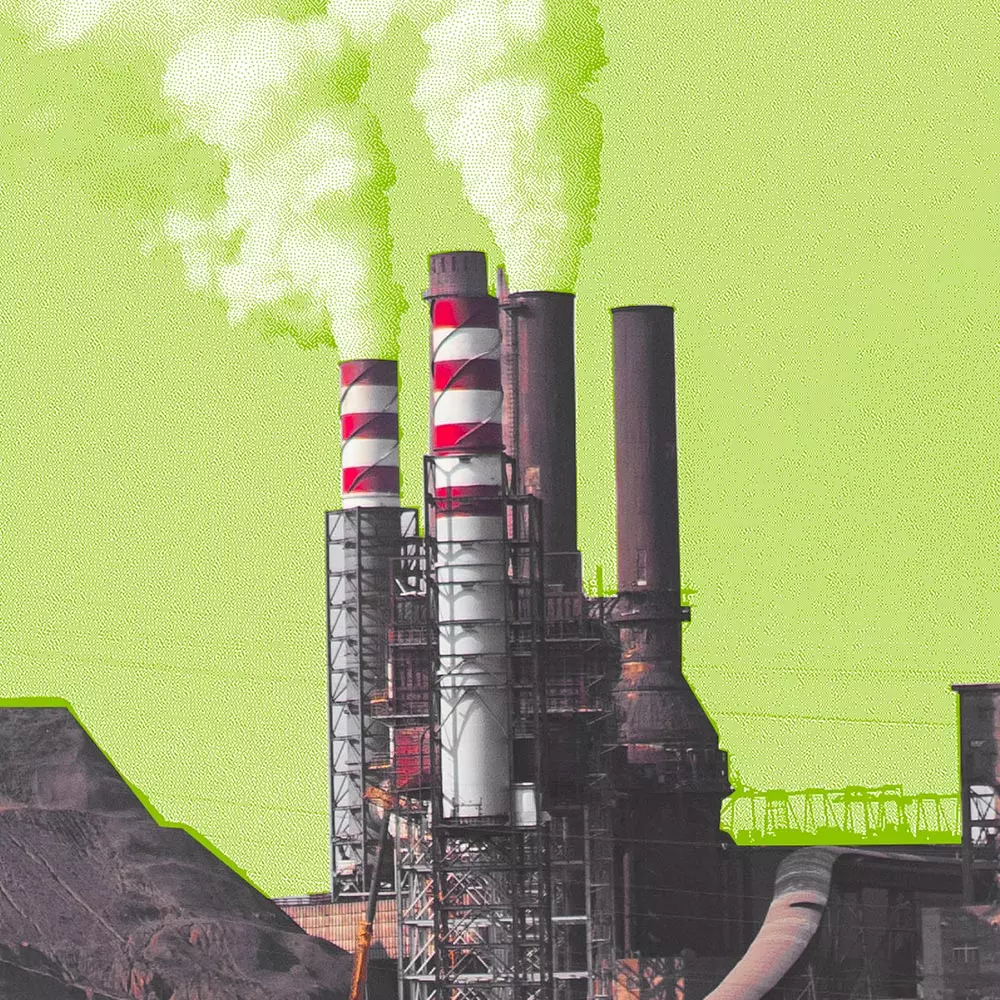
Hero banner custom title
A new solution for capturing and recycling CO2
3 min
Researchers have developed a new low-cost method for capturing carbon dioxide. A solution aimed at mid-size industries.
Thermal power plants have a significant impact on global warming. As they produce electricity from fossil fuels (gas, coal, oil, etc.), they emit significant amounts of CO2.
Today, technologies exist to capture these emissions, but they tend to be relatively expensive - meaning only a few very large companies recover their emissions.
Given the global increase in the demand for electricity, and therefore the increase in the activity of these plants, low-cost solutions for capturing carbon dioxide have to be found.
An innovative, low-cost solution
In 2009, two Indian students - Aniruddha Sharma and Prateek Bumb - sought a low-cost solution that would encourage smaller industrial enterprises to recover their emissions. Their idea was to significantly reduce the cost of CO2 capture.
Capture is a difficult process in which chemicals are used to create a reaction that triggers absorption. Saline and amine solutions are usually used, which are particularly expensive.
What was the solution devised by Aniruddha Sharma and Prateek Bumb? An innovative solvent, just as effective at absorbing CO2, but much less expensive. Using this solution, the absorption of a metric ton of CO2 costs $30, as against $100 using conventional methods.
The two students quickly started their business in London: Carbon Clean Solutions Limited (CCSL). Over the last few years, their technology has been tested and approved on a dozen sites in the United Kingdom, the United States, Germany, Norway and the Netherlands. It even received the Technology Pioneer Award at the World Economic Forum in 2015.
An efficient solution for mid-size plants
Having successfully completed the test phase, in 2016 CCSL installed its solution for its first customer: a coal-fired power plant in Tuticorin, India, which became the first in the world to recover 100% of its CO2 emissions - 60,000 metric tons per year.
The recovered CO2 is upcycled to make sodium bicarbonate, which is used in the manufacture of a large number of products such as glass, sweeteners, detergents, etc.
CCSL believes its technology could reduce global emissions from coal-fired plants by between 5 and 10%.
In March 2017, CCSL signed a partnership with Veolia to deploy its solution on a large scale. The fight against industrial CO2 emissions is becoming more organized.

